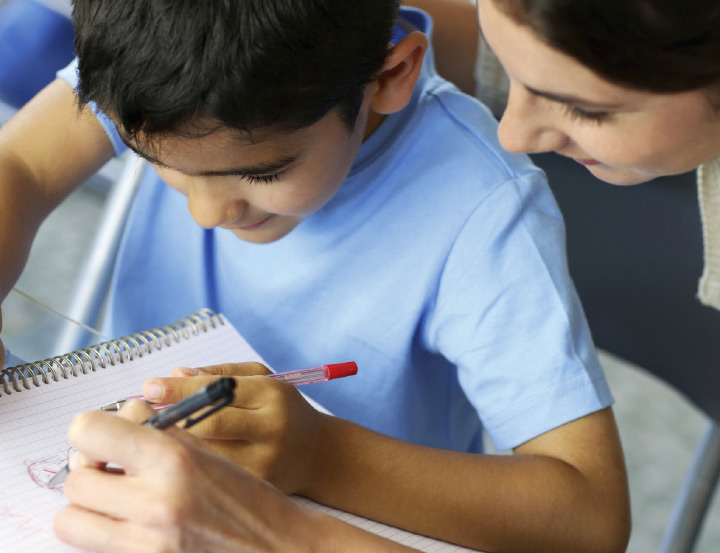In addition to specific learning disorders, there are also a number of other developmental disorders which can have a negative impact on how a child develops academic skills. Two of these disorders are:
- Developmental language disorder (DLD)
- Developmental coordination disorder (DCD)
Developmental language disorder (DLD) (previously known as specific language impairment) is diagnosed when a student has persistent language problems that continue into school age. Difficulties with the comprehension and use of words and sentences to convey information and ideas are common for these students.
Click here to find out more about Developmental language disorder
Developmental coordination disorder (DCD) is a motor-based disorder that affects approximately 5% of primary-school aged children. It is also known as dyspraxia. Children with DCD have difficulties learning and performing motor skills and their coordination is below expectation for their age.
Click here to find out more about Developmental coordination disorder

In this section:
- Introduction
- The difference between a learning difficulty and a learning disability
- What do we know about types of learning disabilities?
- Other developmental disorders that can impact on learning
- Identifying and diagnosing specific learning disorders
- Selecting a successful intervention program
- Use of assistive technology
- Supporting students with learning disabilities
- Children with learning disabilities may have low self-esteem


